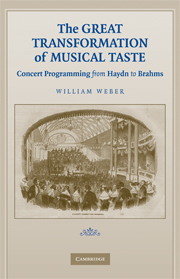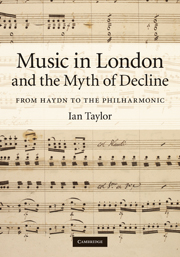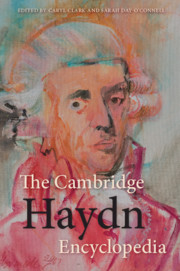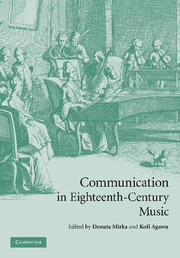The Great Transformation of Musical Taste
Grounded in knowledge of thousands of programs, this book examines how musical life in London, Leipzig, Vienna, Boston, and other cities underwent a fundamental transformation in relationship with movements in European politics. William Weber traces how musical taste evolved in European concert programs from 1750 to 1870, as separate worlds arose around classical music and popular songs. In 1780 a typical program accommodated a variety of tastes through a patterned 'miscellany' of genres, held together by diplomatic musicians. This framework began weakening around 1800 as new kinds of music appeared, from string quartets to quadrilles to ballads, which could not easily coexist on the same programs. Utopian ideas and extravagant experiments influenced programming as ideological battles were fought over who should govern musical taste. More than a hundred illustrations or transcriptions of programs enable readers to follow Weber's analysis in detail.
- Contains useful source materials: a survey of concert programs, 26 in illustration and 94 in transcription, available nowhere else
- Addresses the key issue of the division between popular and classical music in the nineteenth century
- Adopts an unusual transnational approach in comparing concerts in London, Paris, Leipzig, Vienna and Boston, among other cities
Reviews & endorsements
"In 'Great Transformation of Musical Taste,' William Weber traces the development of the musical canon we revere today -- music, for the most part, composed by creative geniuses long dead. Audiences today prefer old works to new. ...[Weber] does show that the dead did not always reign supreme over our conception of the great and good. And he leaves us to conclude that they need not do so now." --Wall Street Journal
"Weber is to be commended for the clarity of his presentation.." --H-France Review
Product details
May 2008Hardback
9780521882606
378 pages
234 × 158 × 23 mm
0.72kg
Available
Table of Contents
- Introduction
- Part I. Miscellany and Collegiality, 1750–1800:
- 1. Concepts and contexts
- 2. Variations on miscellany
- Part II. Crisis and Experiment, 1800–48:
- 3. Musical idealism and the crisis of the old order
- 4. The rise of the chamber-music concert
- 5. Convention and experiment in benefit and virtuoso concerts
- 6. Toward classical-music orchestral concerts
- 7. Promenade concerts: rise of the 'pops'
- Part III. Founding a New Order, 1848–75:
- 8. Classical music achieves hegemony
- 9. Vocal music for the general public
- 10. Epilogue: state of the musical community in 1914.







